In today’s rapidly evolving technological landscape, you can now benefit from a wide array of wearable devices designed to enhance your quality of life, safety, and independence. From monitoring vital signs to providing social connections, wearables offer a glimpse into the future of senior living.
Beyond safety, these wearables also cater to your unique needs and preferences. Many devices incorporate features that promote physical activity, cognitive health, and social engagement. For instance, some wearables can track steps, monitor sleep patterns, and even provide reminders for medication or appointments. Others facilitate communication and connection with loved ones through built-in messaging and calling capabilities.
Keep reading for 9 wearables that can help you lead more fulfilling, independent, and connected lives.
1. Smartwatches
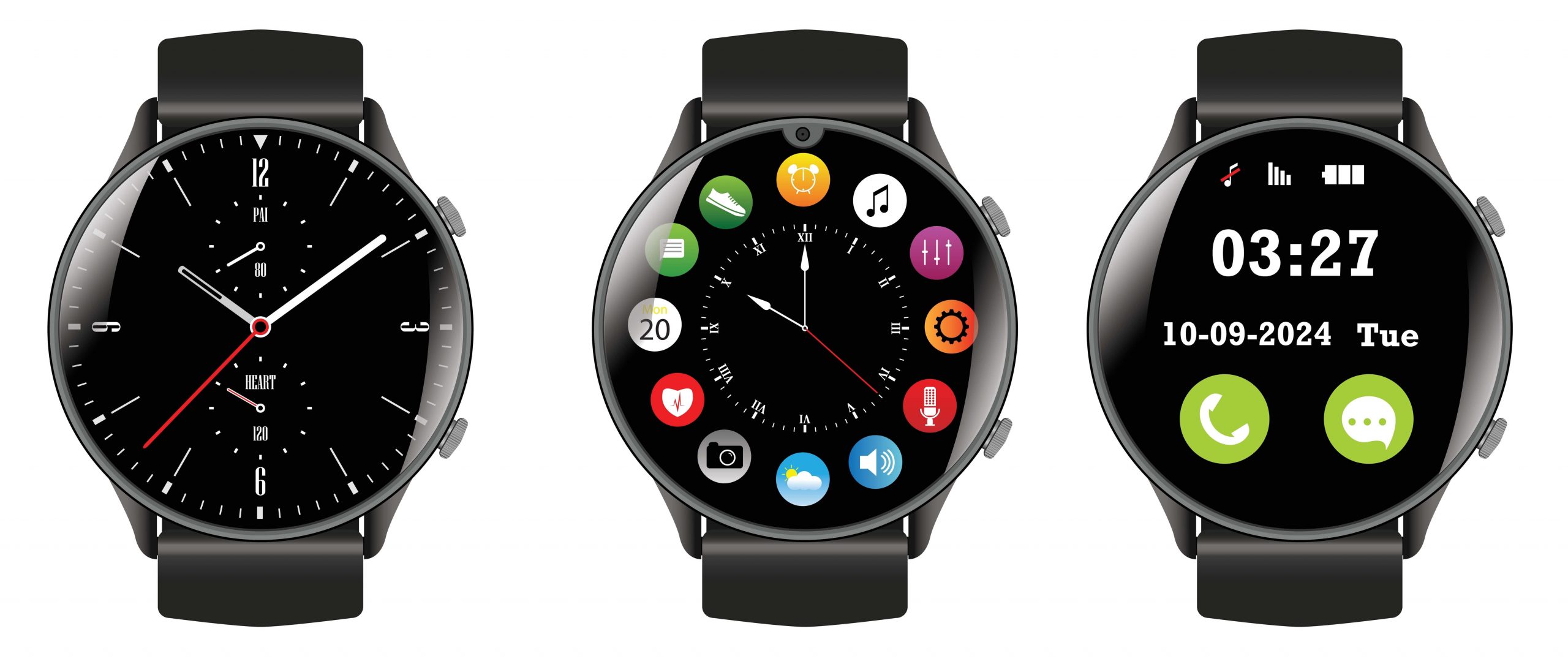
Smartwatches have emerged as essential tools for seniors, offering a range of features that enhance their independence and safety. These devices can track vital signs like heart rate and blood oxygen levels, alerting users and caregivers to potential health concerns.
They also encourage active lifestyles by tracking steps, calories burned, and exercise duration. Moreover, many smartwatches come equipped with fall detection features, instantly sending alerts to emergency contacts in case of accidents.
An interesting feature is fall detection by Apple Watch. The watch can detect hard falls and automatically initiate emergency calls, which can significantly reduce the risks associated with falls, particularly if you’re living alone or have limited mobility.
2. Medical Alert Wearables
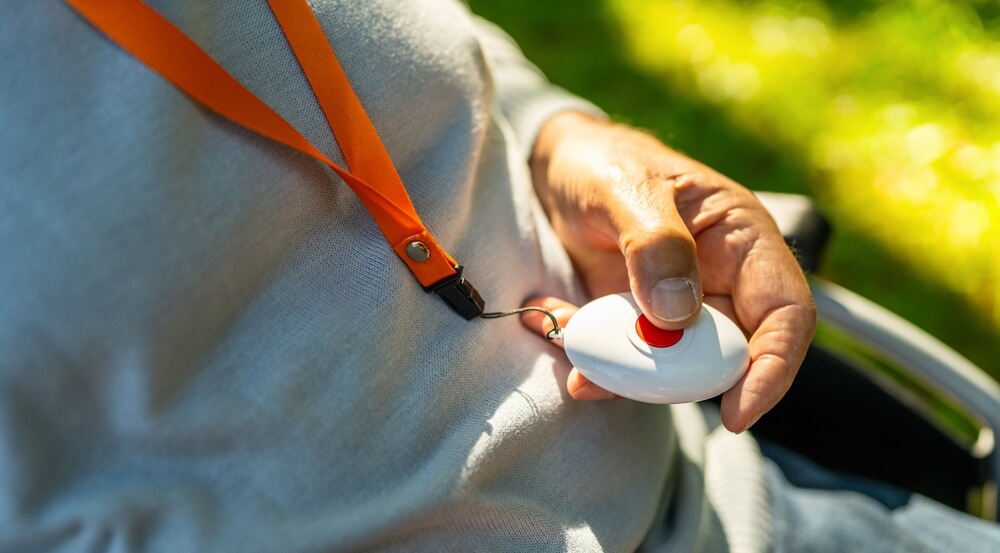
Medical alert wearables are lifelines for seniors, providing instant access to emergency assistance at the touch of a button. These devices, often worn as pendants or wristbands, are equipped with advanced technology that allows you to connect with emergency services or designated caregivers in case of a medical emergency.
LifeStation is one such popular medical alert wearable, which offers a range of medical alert systems, including wearable devices with GPS tracking and fall detection.
3. Medication Reminder Wearables
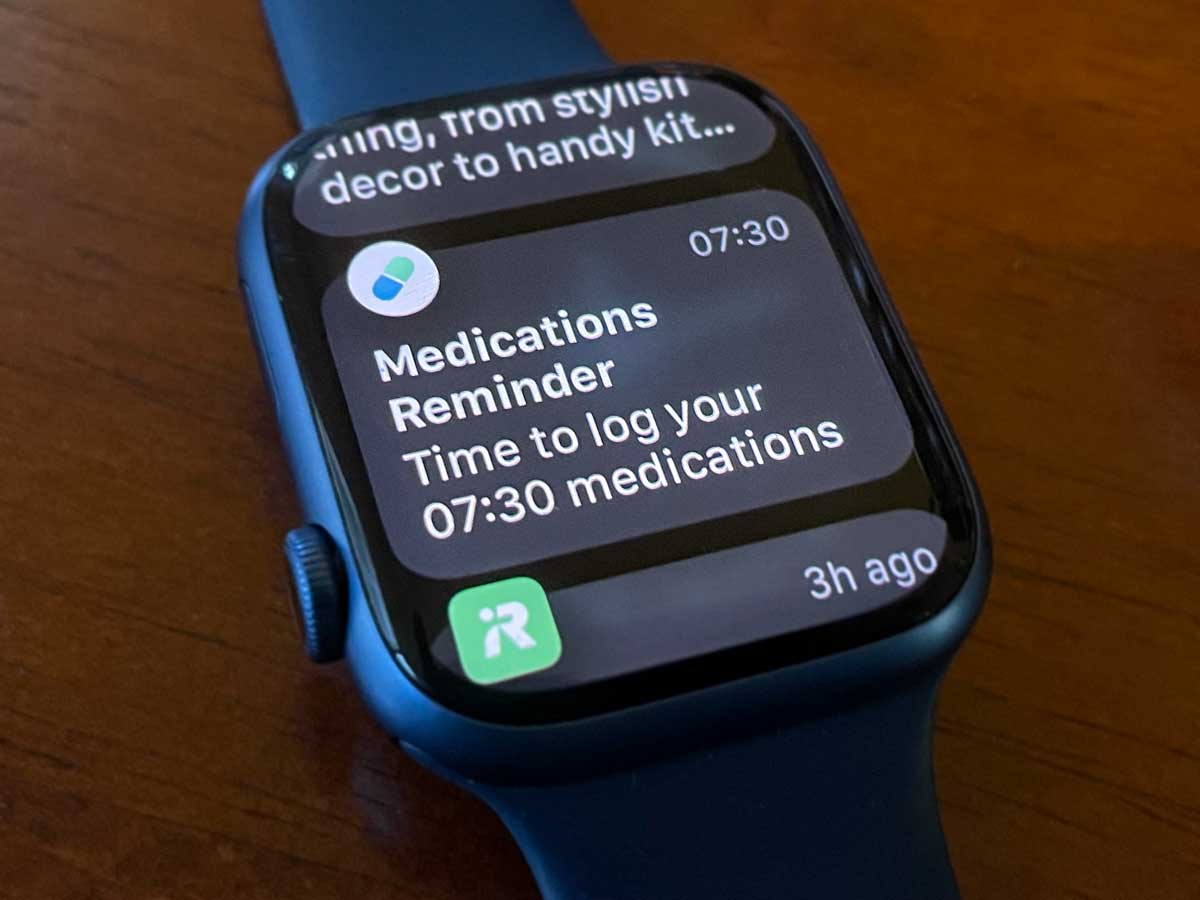
Medication reminder wearables are critical tools to manage your medication regimens effectively. These devices remind you to take your medications on time, improve adherence, and reduce the risk of medication errors.
Although medication reminder devices are not available in India, apps like Medisafe allow one to set up reminders for multiple medications, track your medication history, and receive refill alerts. By utilising these apps, you can maintain your health and well-being while ensuring you’re taking your medications on time and as prescribed.
4. Hearing Wearables
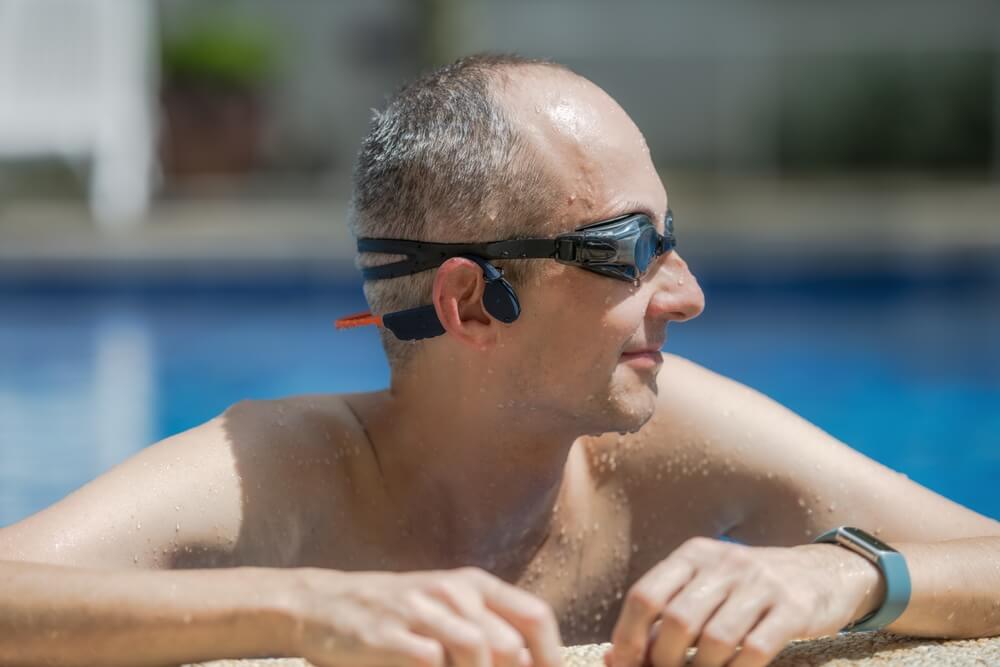
Hearing wearables are revolutionising the way seniors experience sound. These devices, such as hearing aids and bone-conduction headphones, can significantly improve hearing clarity and reduce the impact of hearing loss.
Hearing aids, like those offered by Signia and Oticon, amplify sound and reduce background noise, making it easier to engage in conversations and enjoy social activities.
5. Smart Glasses
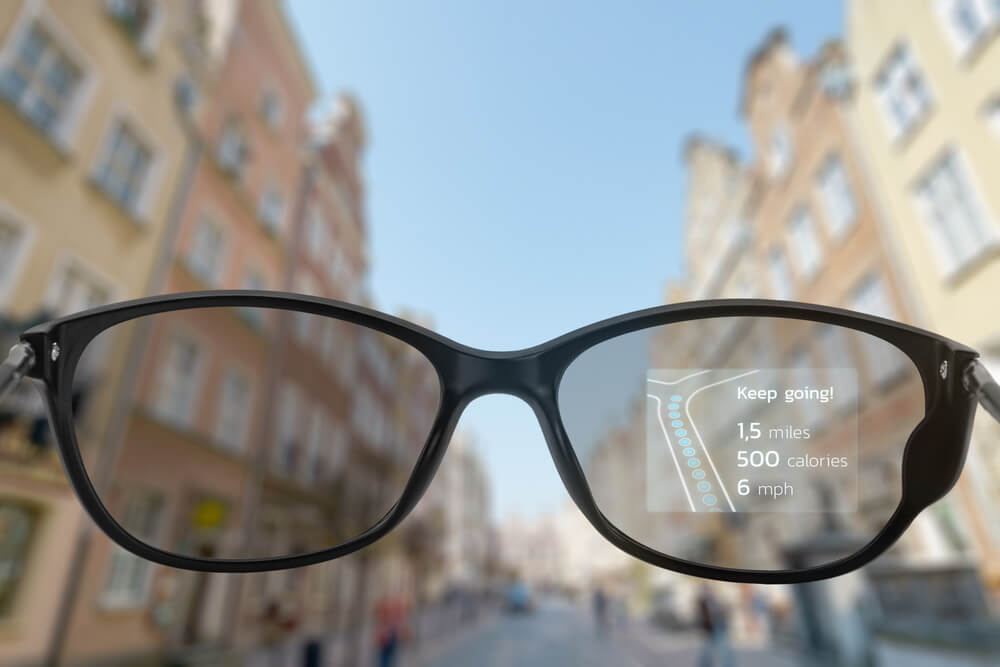
Smart glasses are emerging as a valuable tool, offering a range of features that can enhance your independence and quality of life. These glasses, equipped with advanced technology, can assist with tasks such as reading small print, navigating unfamiliar environments, and making video calls.
For instance, smart glasses like the Focals 2 by North can discreetly display notifications, directions, and real-time translations, making it easier to stay connected with loved ones and informed in unfamiliar surroundings.
6. Sleep Trackers
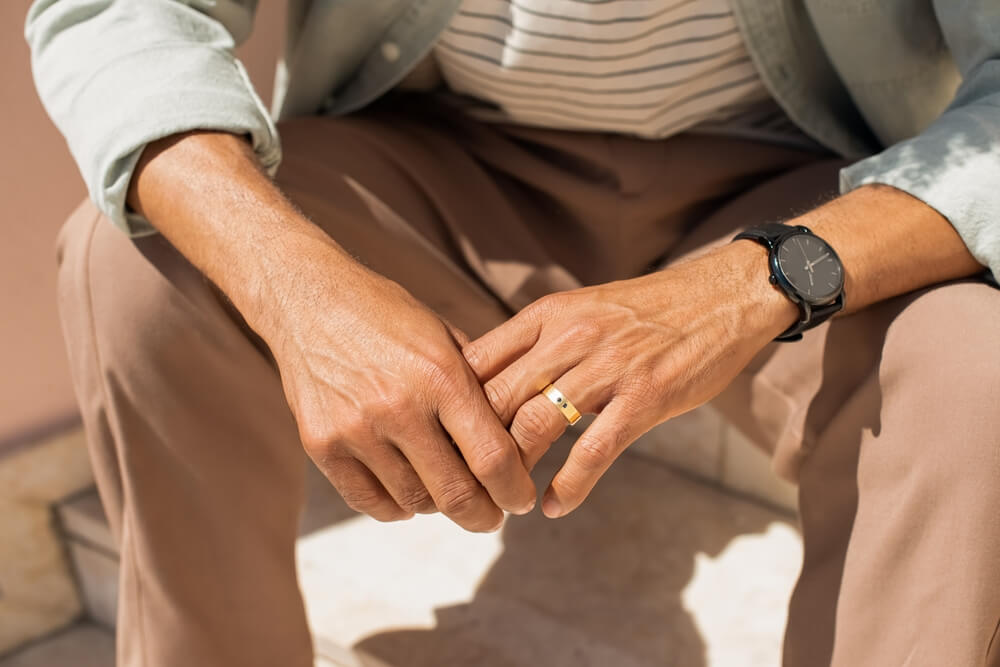
Sleep trackers are vital tools for seniors to monitor and improve their sleep quality. These devices track sleep patterns, including sleep duration, wake-up times, and sleep stages. By analysing this data, you can identify potential sleep disturbances and take steps to optimise your sleep habits. Popular sleep trackers include the Fitbit Charge 5 and the Oura Ring, which can provide insights into sleep quality, heart rate variability, and readiness to perform.
7. Fitness Trackers
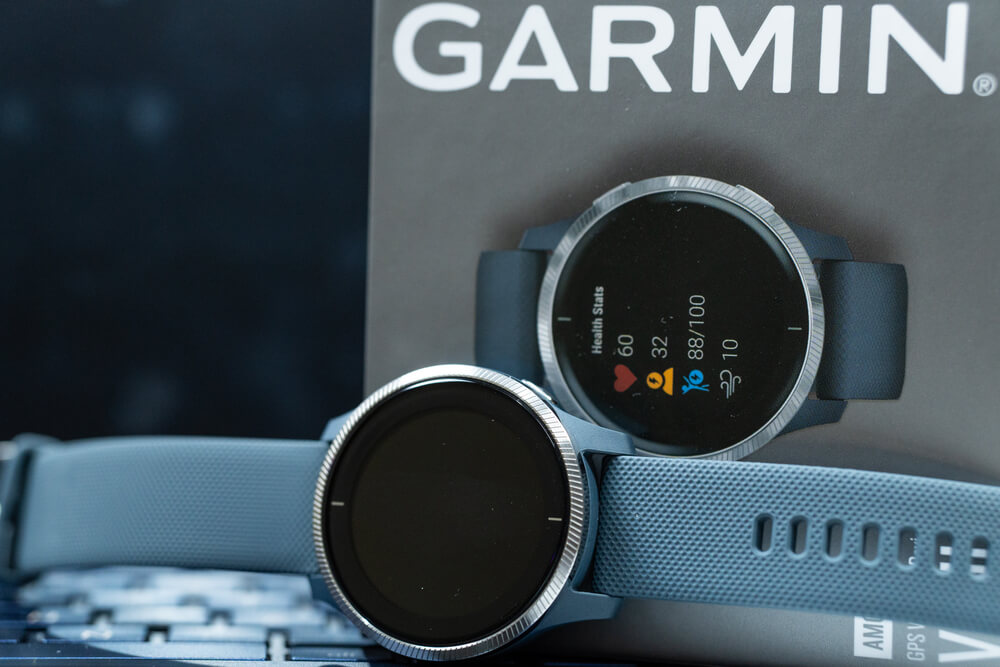
Fitness trackers are invaluable tools for staying active and monitoring your health. These devices can track steps, calories burned, heart rate, and sleep patterns, providing valuable insights into overall well-being. Popular fitness trackers like the Fitbit Inspire 3 and the Garmin Vivosmart 5 offer user-friendly interfaces and a range of features tailored to your needs. Their features, such as step and calorie tracking, encourage movement and promote an active lifestyle, and you can stay on track with daily reminders and notifications.
8. Smart Clothing

Smart clothing is emerging as a groundbreaking technology with the potential to revolutionise senior healthcare. These innovative garments are embedded with sensors that monitor vital signs such as heart rate, blood pressure, and skin temperature, providing real-time data to caregivers and healthcare providers. For instance, companies like HexoSkin are developing smart shirts that track vital signs continuously.
9. GPS Location Trackers
![]()
GPS location trackers are crucial wearables if you’re suffering from Alzheimer’s and dementia, as they can help prevent one from losing track of their route. These devices, often discreetly integrated into wearable devices or keychains, use GPS technology to track a person’s location in real-time.
In case of a wandering incident, caregivers can use a mobile app to monitor the individual’s whereabouts and, if necessary, initiate a search and rescue operation.
Popular GPS location trackers specifically designed for individuals with dementia include the Tigertrack, which offers real-time tracking, geofencing, SOS alerts, and two-way calling.
With advances in the field of technology happening at an unimaginably fast rate, new feature-rich wearables and devices are galore in the market. This technology has emerged as a powerful tool for you to enhance your independence, well-being and quality of life.








